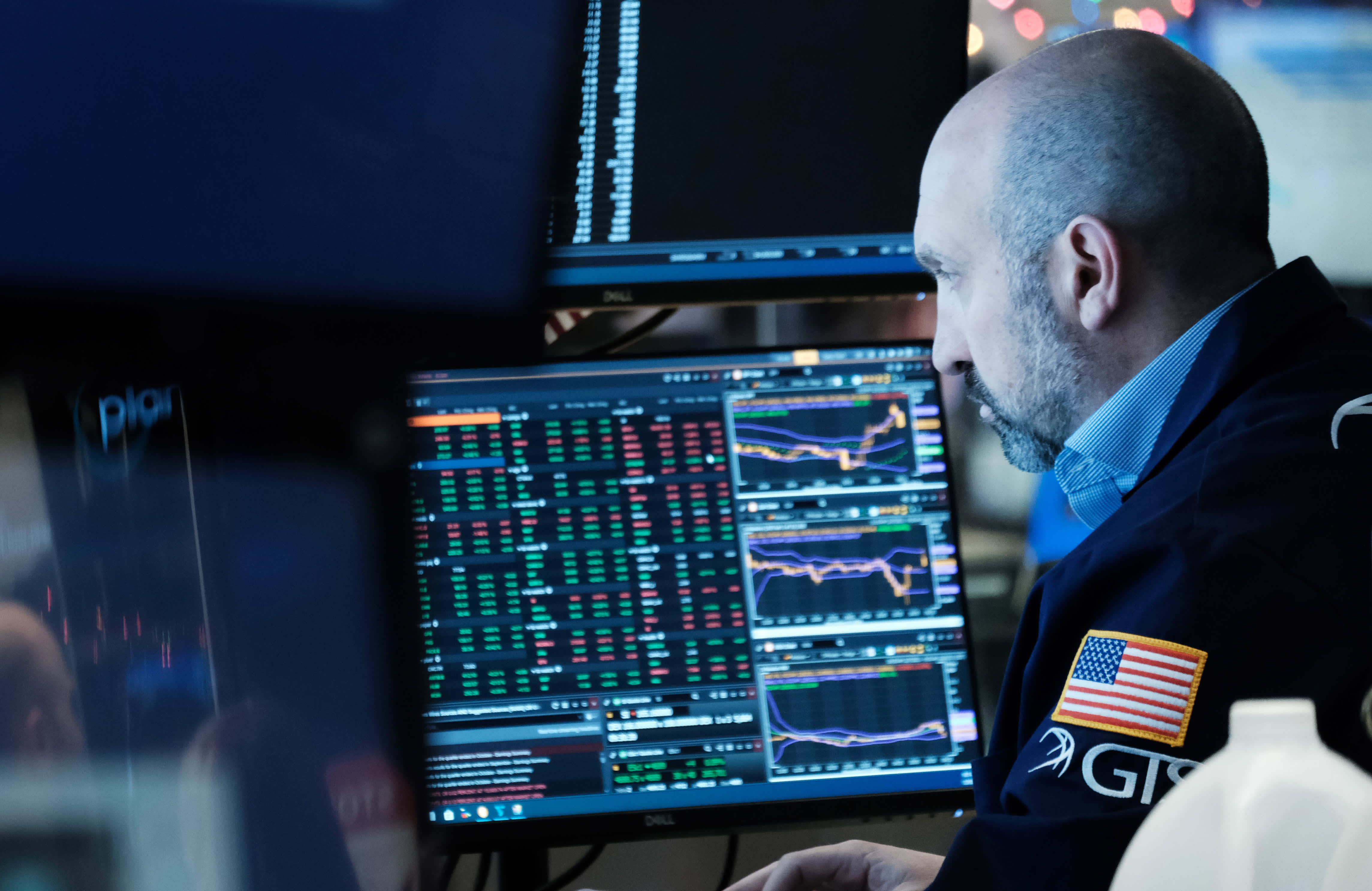Products You May Like
Stock futures fluctuated in overnight trading Sunday following a losing week as investors continued to grapple with the resurgence of Covid cases and an upcoming shift in the Federal Reserve’s easy monetary policy.
Futures on the Dow Jones Industrial Average dipped 130 points. S&P 500 futures dipped 0.3% and Nasdaq 100 futures were flat.
The major averages are coming off a negative week, with the S&P 500 declining 1.9%. The tech-heavy Nasdaq Composite dropped nearly 3% last week as investors dumped high-flying growth stocks on the prospect of higher interest rates, while the Dow slipped 1.7%.
Some investors are hoping for a Santa Claus rally into the year-end, which calls for positive market performance in the last five trading days of the year and first two trading days of January, according to Stock Trader’s Almanac.
“On the one hand, corners of the market are oversold,” Adma Crisafulli, founder of Vital Knowledge, said in a note. However, “the aggressive ‘buy the dip’ mentality, which proved so profitable for the last 1.5+ years, especially in the high-multiple corners of the market, was underwritten by a tidal wave of stimulus that is now receding.”
Last week, the Fed announced a more aggressive plan to wind down its asset purchases, and said that it will potentially raise interest rates three times next year.
Despite the losses last week, the S&P 500 is still up 1.2% this month, bringing its 2021 gains to 23%. The tech-heavy Nasdaq is down 2.4% in December so far, however, as technology names sold off. The blue-chip Dow has gained 2.6% this month.
The omicron virus is raging across the world as the winter holiday season approaches. The strain has been found through testing in 43 out of 50 U.S. states and around 90 countries, and the number of cases is doubling in 1.5 to 3 days in areas with community transmission, the World Health Organization (WHO) said on Saturday.
On the political front, Sen. Joe Manchin, a conservative Democrat from West Virginia, said Sunday he won’t support the Biden administration’s “Build Back Better” plan. Manchin’s decision will likely kill the $1.75 trillion social spending and climate policy bill as it stands now.
